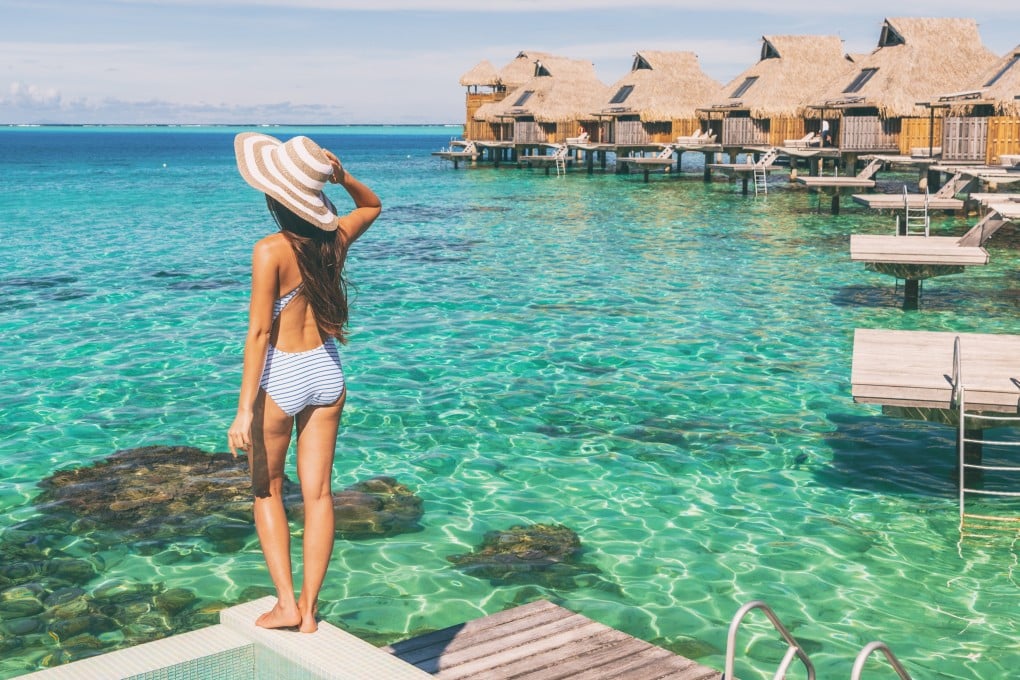Destinations known | Maldives incident shows bikini is not always appropriate holiday attire
- British reality television ‘star’ Cecilia Jastrzembska found out the hard way that bikinis, swimsuits and swimming trunks are authorised only in Maldivian resorts
- Plus, foreigners who have recently travelled to mainland China are being denied entry to Bali over coronavirus fears

This month, a video circulated on social media showing a bikini-clad woman being manhandled by police officers on Maafushi, in the Maldives. It is uncomfortable to watch. The woman, who was later identified as British reality television “star” and travel blogger Cecilia Jastrzembska, shouts, “You are sexually assaulting me”, as she is surrounded by men, who flounder in their attempts to arrest her for indecent exposure. She was later released without charge.
But back to the bikini. For those who know the island nation through Instagram images of bronzed bodies poised in next to nothing on curved boardwalks as the azure Indian Ocean stretches to meet the sky behind them, the fact that swimwear is not sanctioned everywhere in the Maldives might come as a surprise. However, bikinis, swimsuits and swimming trunks are authorised only in resorts.
As Jastrzembska learned the hard way, swimwear is most certainly not streetwear, and in the nation described by American broadcaster CBS News as one of “the most heavily Muslim countries on Earth”, wearing a two-piece to walk down the road is nothing short of disrespectful.
